Two flags, one American and one Mexican, both sit on her bedroom wall as equal parts of a prideful identity — an identity now put at risk.
Maria Cortez-Perez is a Wake Forest sophomore and recipient of the Deferred Action for Childhood Arrival (DACA) program. Her permanence in the U.S., where she has lived since she was two years old, is at-risk due to the imminent discontinuation of DACA.
“[DACA] is like a stepping stool, somewhere to start,” Cortez-Perez said. “We have been through a lot, and to finally have some kind of relief and have it taken away from you … that is just not right.”
Last September, the Trump administration announced the discontinuation of the DACA program that covered nearly 800,000 recipients, also referred to as “DREAMers,” who were granted a license to work, in-state tuition at public schools, access to a social security number and many other benefits. The deadline for phasing out the program was set for March 5.
On Feb. 26, the U.S. Supreme Court declined the White House’s petition to shut down the program at the original deadline, temporarily shielding Dreamers, many of whom, like Cortez-Perez, know the U.S. as their only home. So far, Congress has not provided any concrete replacement for DACA, as the discussions between Democrats and Republicans seems to have hit a stalemate.
Wake Forest students held two rallies in the fall semester about DACA and the situation of DREAMers living on campus. The first one was a “Speak Out for DACA” after the discontinuation announcement and the second one supported a clean DREAM act to provide a path to citizenship to those immigrants.
However, since those events, the conversation on campus seems to have stagnated and only a small portion of the student community is still engaged in talks about immigration reform.
When asked about the subject, some students showed sympathy to the DREAMers’ cause but admitted to lacking knowledge about it. In some cases, students were even unsure whether Wake Forest has DACA-sponsored students.
“I believe this campus needs to open this conversation,” said sophomore Alexander Holt, an Intercultural Center Ambassador. “At the moment, what’s happening is that we got [a minority of] people who are always willing to talk about these issues (DACA and immigration reform) and the people who are just not engaged at all.”
This past week, UndocuDeacs, a student-run activism group that advocates for DACA and fair immigration policies, has been holding events to help spread their message and make known the experience of undocumented students. Events have included talks entitled, “Know Your Rights” and “Dreamer Narrative Dialogue” and a screening and discussion of the documentary Forbidden: Undocumented and Queer in Rural America.
Holt believes that the rhetoric and the way the university has been approaching the immigration issue are reasons why the discussion did not reach more students.
The official stance taken by Wake Forest so far is to assure that the needs of affected students are still being met, as the financial funding given is private and free from federal influence.
“Their financial aid scholarships are structured so they are independent; it’s not connected to anything federal,” said Nathaniel French, director of the Wake Forest Magnolia Scholars program and the person responsible for scholarships awarded to DACA students. “They are not in any jeopardy as long as they are at Wake Forest.”
However, there are concerns about the safety of DACA students at Wake Forest. Recently, students questioned what Wake Forest’s position would be if ICE officials were to attempt to deport a student in the event of the discontinuation of the DACA program. There is no official stance taken by the university so far that assured Dreamers the school would not prevent ICE from taking them.
Professor Betina Wilkinson, an immigrant policy expert who works closely with the Wake Forest Latino community, added that despite discussions on campus, this lack of public support from the community and the administration makes some DACA students question Wake Forest’s commitment to be a diverse and inclusive community.
“We know that [the university] supports us, but the fact that [Wake Forest] is not publicly stating its support makes me feel like they are not fully acknowledging me,” Cortez-Perez said.
Cortez-Perez recognizes there is still work to be done by everyone involved to ensure that Wake Forest fulfills its Pro Humanitate promise with DACA students and provide a more inclusive environment.
“When I leave Wake Forest, I want other undocumented students who are coming into Wake Forest to feel welcomed,” Cortez-Perez said. “I am doing things right now so that those students after me can feel at home, so they can feel included.”









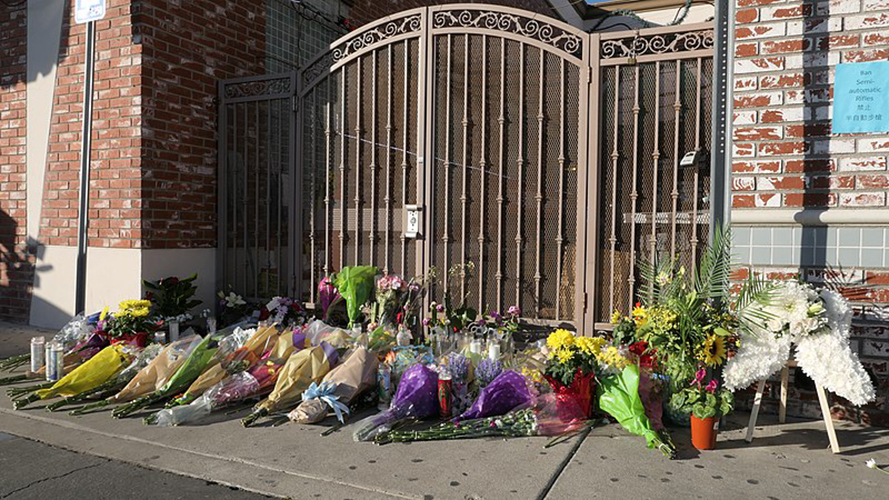
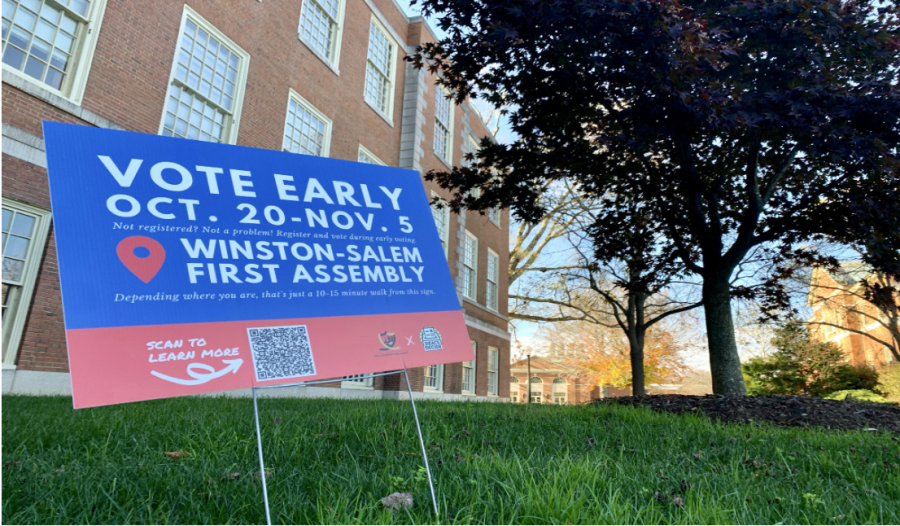
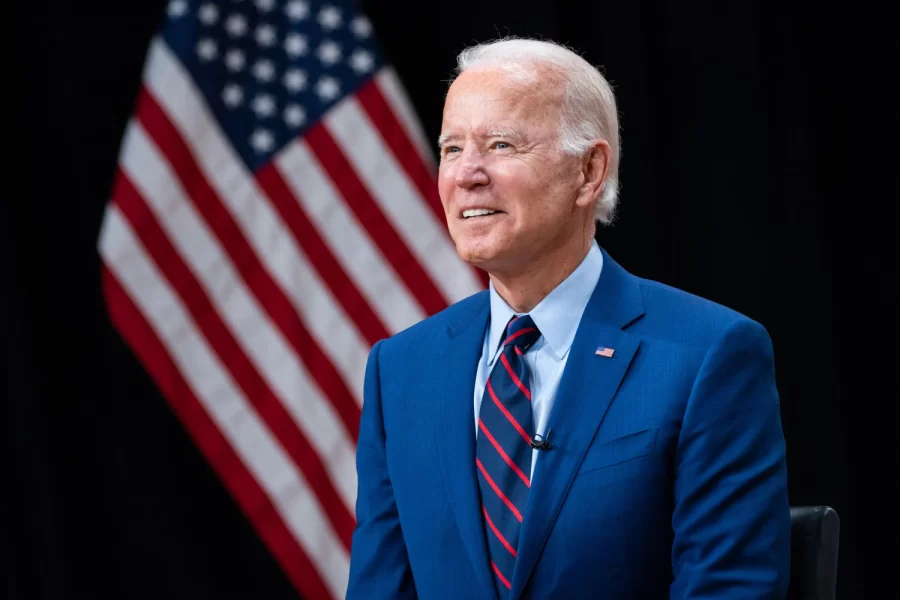
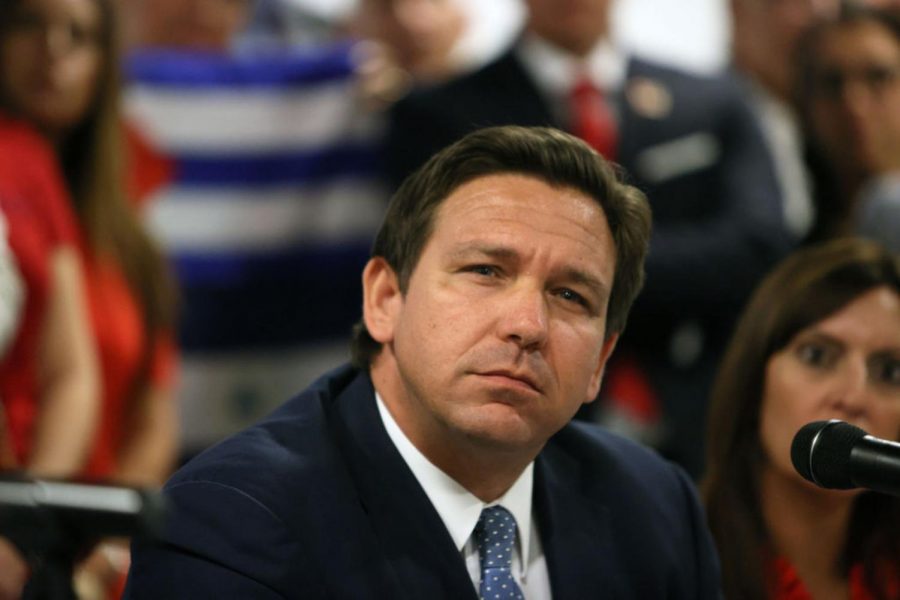
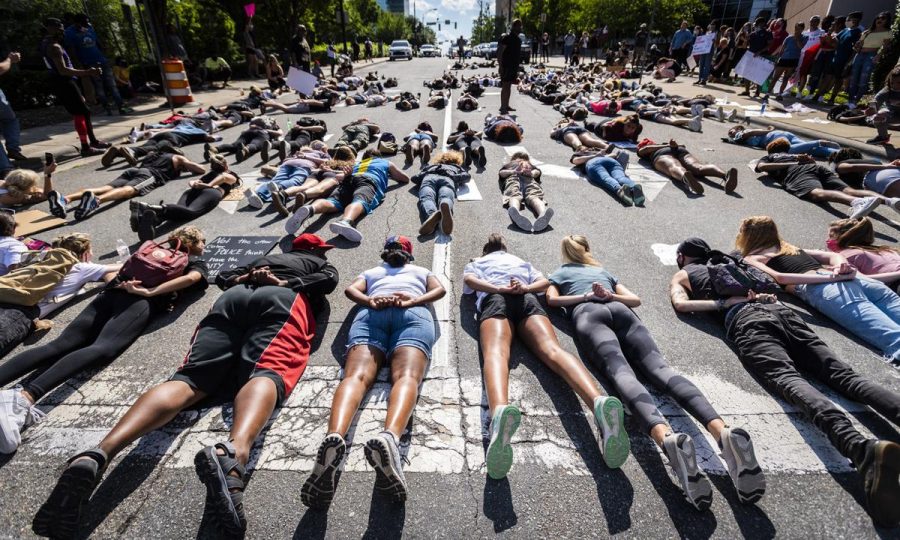
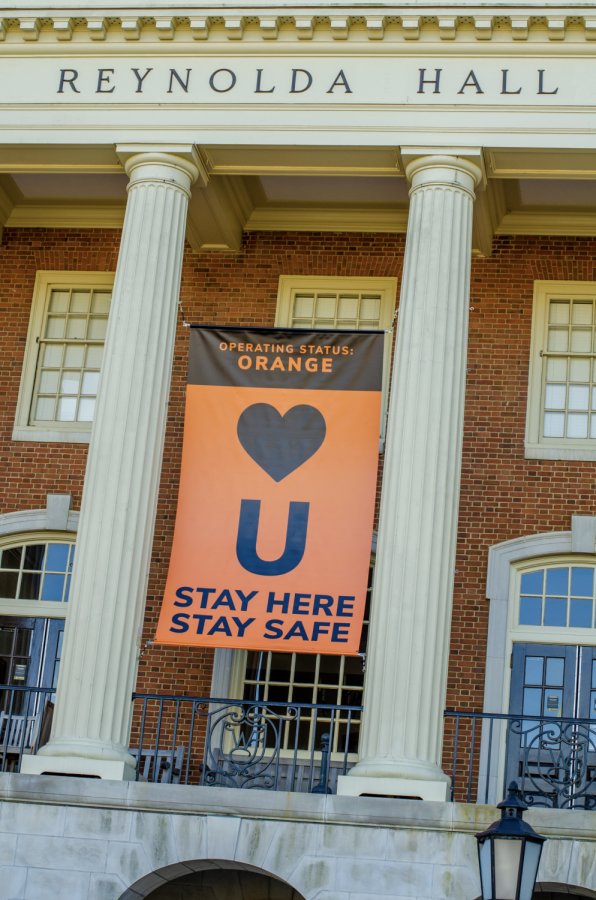





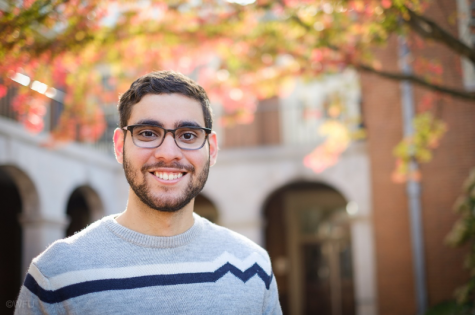
DonHonda • Apr 6, 2018 at 3:00 pm
http://www.troyrecord.com/opinion/20171215/ruben-navarette-dreamers-dont-let-dems-fool-you
Ruben Navarette: Dreamers: Don’t let Dems fool you
“Dreamers, this is your wake-up call. Democrats want you to think they’re in your corner. But it’s not so.
The Democrats failed you. Don’t let them fool you.”